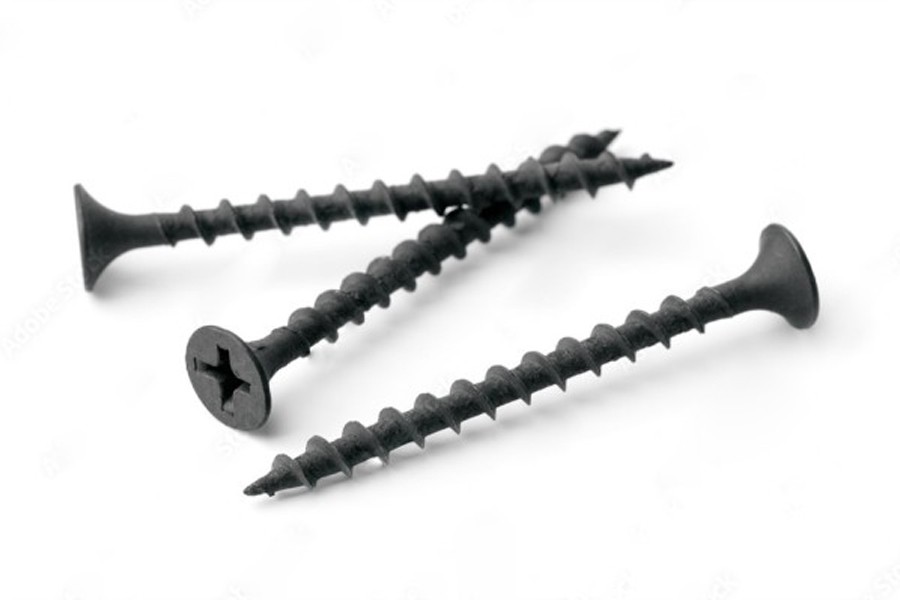
Zinc phosphate coating is a crystalline transformation coating formed on the metal surface.
The phosphate coating process relies on the chemical reaction between the metal and the weakly acidic phosphate liquid to form insoluble phosphate crystals on the part surface.
Phosphate coating is used as a pretreatment before painting, to increase corrosion resistance and to provide a better adhesion surface for coating systems.
When used alone or with oil, phosphate reduces the friction characteristics of moving components or gear parts.
Zinc phosphate coating provides a short-term protection against corrosion, but provides a suitable infrastructure for lubrication or painting operations.
The use of zinc phosphate coatings can be seen in almost all branches of the metalworking industry. Typical examples include screws, nuts and bolts, brake and clutch components, leaf or coil springs, drill bits, washers, anti-vibration washers, tools, magnet cores.
Compared to manganese phosphate, it performs better in corrosion resistance, its color is dark gray.
